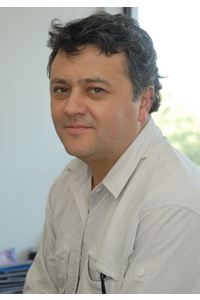Accumulator Laboratory
Its research focus is the technological development of lithium-ion cells and packs, the key to the insertion of renewable energies and the promotion of electric vehicles. Studies are also carried out on lead-acid batteries, a valid alternative for applications in microgrids.
Its research areas are: real-time diagnosis of the state of charge and health of cells, electro-thermal modeling and simulation of cells and packs under different operating conditions; development of packs for electromobility applications and optimization strategies to improve pack design.
This laboratory is part of the Energy Center and the Lithium Innovation Center.
The laboratory has a 300W programmable load to perform cell discharges; a device that allows loading/unloading tests with a capacity of 4KW; an experimental device for testing at controlled room temperature; a special welding machine for cylindrical lithium-ion cells; an 8-core workstation and professional license from ANSYS and modeFrontier that enable electro-thermal simulation of battery packs and design optimization. In addition, it has instruments for the measurement and acquisition of electrical and thermal variables.
- Optimal packaging of lithium batteries (EOBLi): the objective is to develop software that helps in the process of designing battery packs taking into account the particular operation to which it will be subjected.
- State of Health and Charge (SOHC) estimation: the objective is to develop a device capable of predicting the state of charge and health of a bank of lithium-ion batteries based on the pattern of historical use and Bayesian prediction algorithms.
- Development of a lithium-ion cell pack for an electric bicycle: the objective is to design, build and test a battery pack that is part of a kit that allows transforming a traditional bicycle into an electric one in a few minutes.
- Development of an estimator of the SoC of a bank of lead-acid batteries: the objective is to develop a model based on fuzzy logic that allows the online estimation of the SoC of a pack that is installed in the Huatacondo microgrid.
- Development of a cell packing validation device: the objective is to design and build a device that allows validating designs in terms of the performance of the ventilation system.

Ph.D. Rodrigo Palma
Responsible Academic
